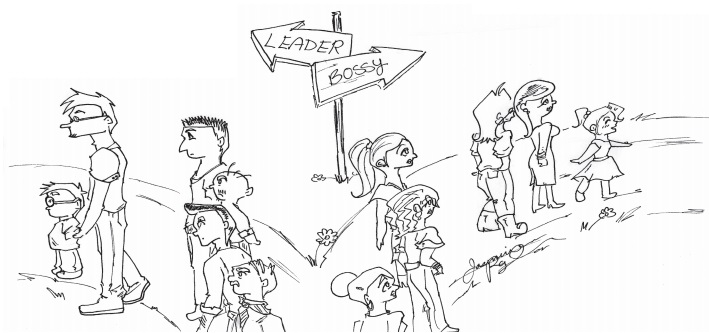Facebook’s Chief Operating Officer Sheryl Sandberg has become somewhat of a feminist pioneer with the release of her book “Lean In: Women, Work, and the Will to Lead,” which details what it is like to be a woman in the workplace and describes the lengths females must go to in order to succeed in business. More recently, she has spearheaded a campaign to ban the word “bossy.” Thus far, the campaign, Ban Bossy, has received support from other notable women including Beyoncé and former U.S. Secretary of State Condoleezza Rice.
Unfortunately, as a fellow feminist, I cannot fully support Sandberg’s intent to completely eliminate a word from the English language.
It is no secret that women in positions of power are often viewed through a different, more critical lens than men who may inhabit the same position. Women are statistically referred to as “bossy” or “bitchy” more often than men, who are instead described as “leaders” and identified with other positive terminology.
Though the issue that Sandberg is addressing through this campaign is a clear reality for the working woman, her proposed solution has largely been met with resentment and denial. The problem with the Ban Bossy campaign is that it coincides with a feminist outlook that calls upon the idea of the woman as a victim and directly targets the perpetrator as a word that is often used by men to describe women in power. Subsequently, men are offended by these accusations and society is left at a stalemate.
Rather, a more productive path towards gender equality acknowledges the potential of both women and men to be great leaders in their chosen field. By attempting to limit the use of a common word, Sandberg’s campaign is seen as an attack on personal freedom. In effect, Sandberg reinforces the stereotypes that she is attempting to dismiss from the public’s view of women.
Part of what Sandberg is trying to highlight with Ban Bossy is that there is a difference between being “bossy” and being a leader. Though I agree that “bossy” is often misappropriated to define women in power, it is quite possible that there are men and women in positions of power who really are rude and exhibiting unfair employee expectations. Therefore, it becomes important to stress the difference between being a trailblazer who inspires others and being “bossy.”
As more women continue to make significant strides in areas such as art, science, technology, politics and the corporate world, it will become harder for our peers to ignore the noteworthy impact that these women have on society. As Tina Fey declared while discussing Hillary Clinton during her fabulous reign as lead anchor on “Saturday Night Live,” “Bitches get stuff done.”
Fey and her co-anchor Amy Poehler embraced the inherently offensive title as confirmation that they were doing something right in the male-dominated field of comedy and consequentially, were a force to be reckoned with.
In the case of women’s rights, the best defense really is a good offense.


Leave a Reply